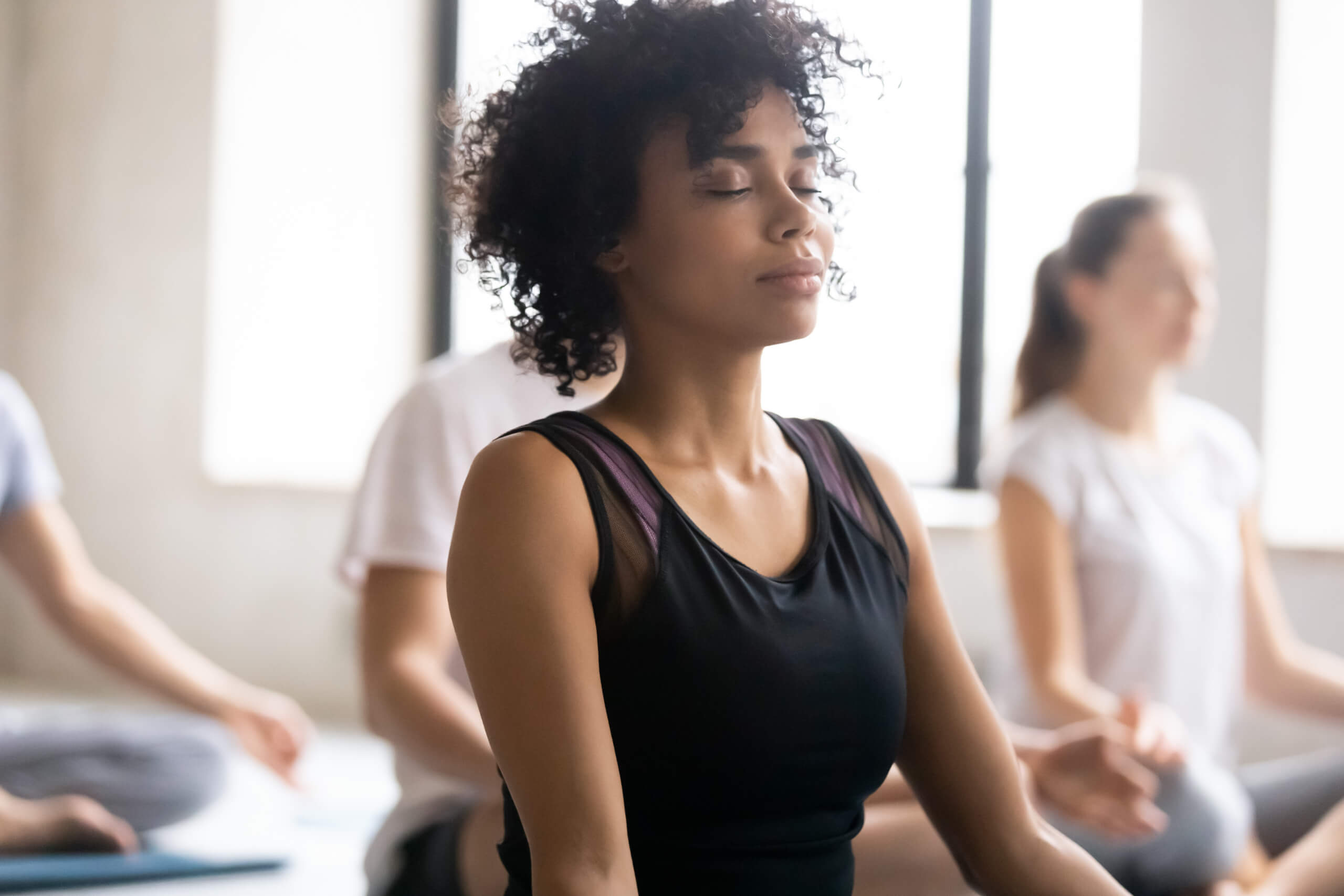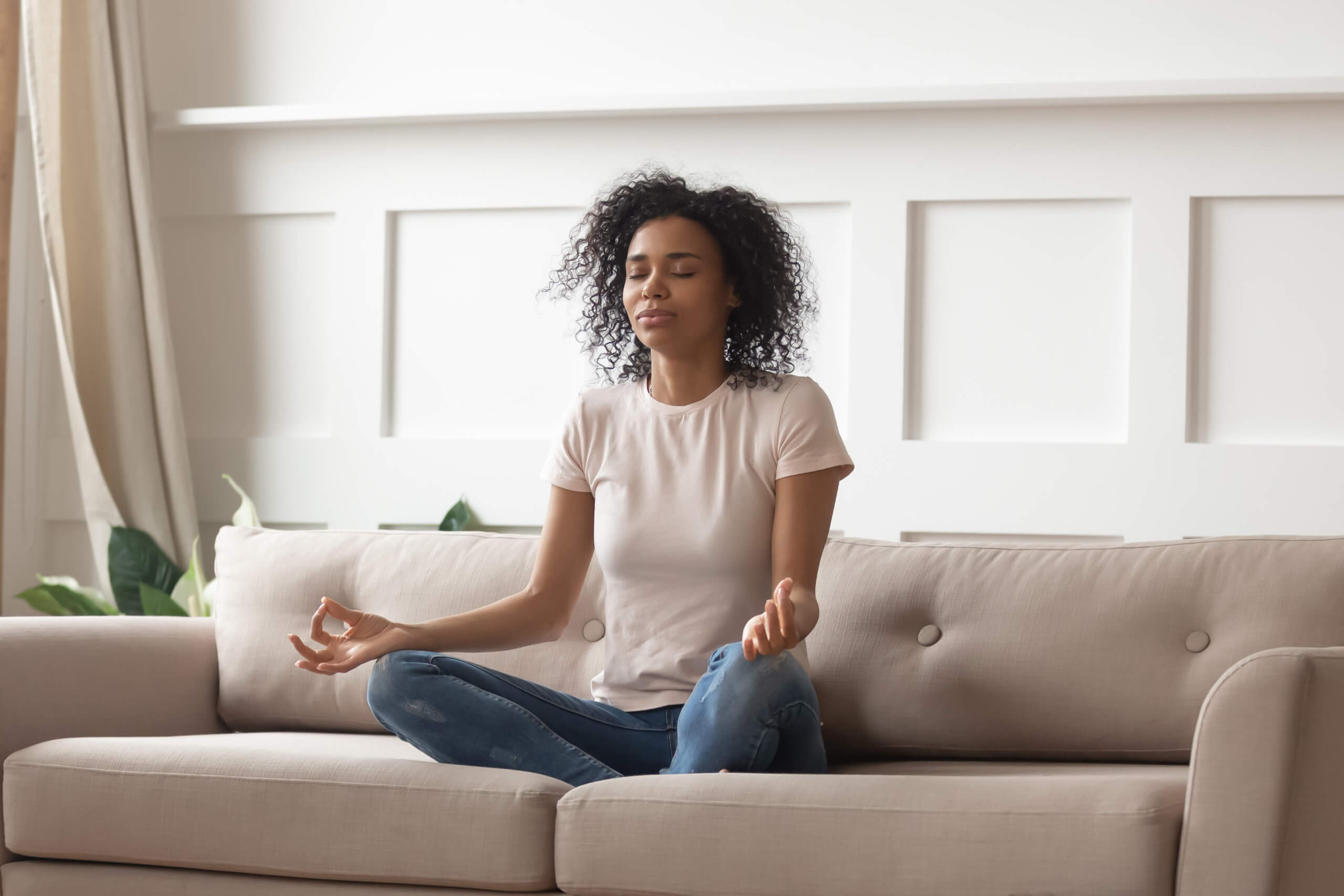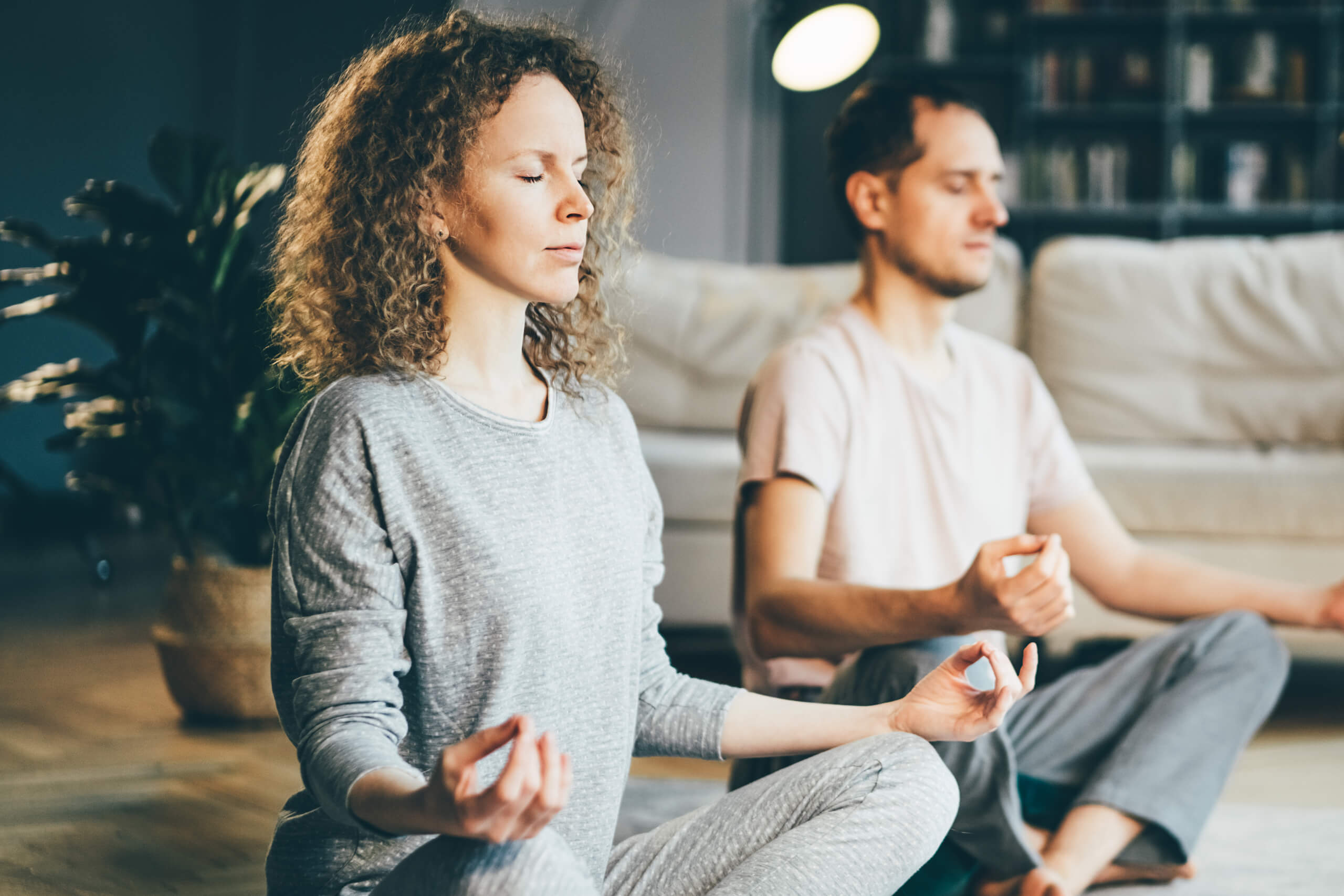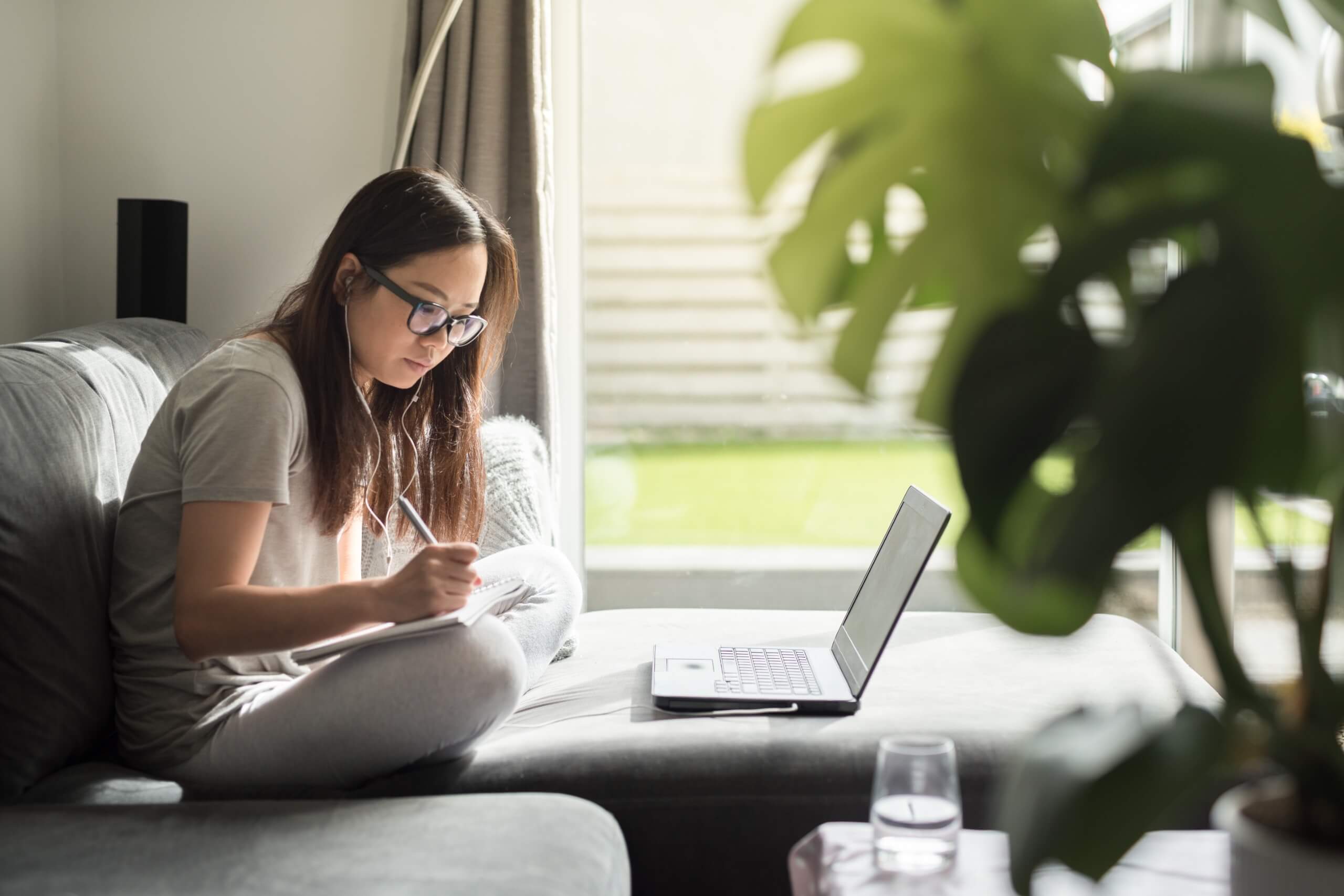Introduction
Anxiety and stress are not just buzzwords; they’re real challenges that many of us face daily. Whether it’s due to work pressures, personal issues, or just the overwhelming nature of modern life, finding ways to manage these feelings is essential. While there are numerous pharmaceutical options available, natural remedies, especially supplements, offer a gentler approach with fewer side effects.
Magnesium
How Magnesium Helps with Anxiety
Magnesium is often referred to as nature’s tranquillizer, and for a good reason. It plays a vital role in regulating neurotransmitters that are responsible for sending signals to your brain. A deficiency in magnesium can lead to increased anxiety and stress levels. Studies have shown that magnesium supplementation can reduce anxiety symptoms, especially in people who have a deficiency.
Recommended Dosage and Forms
The recommended daily intake of magnesium for adults is between 310 to 420 mg, depending on age and gender. Magnesium glycinate and magnesium citrate are popular forms for supplementation due to their high absorption rates.
Ashwagandha
Ancient Herb for Modern Stress
Ashwagandha, a staple in Ayurvedic medicine, has been used for thousands of years to help the body cope with stress. It’s an adaptogen, meaning it helps balance various bodily processes, particularly in response to stressors.
Benefits of Ashwagandha
This powerful herb can lower cortisol levels, which is the hormone responsible for stress. It also improves sleep quality and boosts overall mood, making it an excellent choice for those dealing with anxiety and stress.
How to Use Ashwagandha
Ashwagandha can be taken in powder, capsule, or tincture form. The typical dosage ranges from 300 to 500 mg per day, depending on the concentration of the extract.
L-Theanine
Amino Acid with Calming Effects
L-Theanine, found naturally in tea leaves, is an amino acid known for promoting relaxation without causing drowsiness. It’s particularly effective in reducing anxiety and enhancing focus, making it a great option for daytime use.
L-Theanine in Green Tea
Green tea is one of the best natural sources of L-Theanine. Drinking a cup of green tea can provide you with a small dose of this calming amino acid, but for more significant effects, a supplement might be necessary.
Supplementing with L-Theanine
Typical dosages for L-Theanine supplements range from 100 to 200 mg. It’s often taken in combination with caffeine to enhance cognitive performance while keeping anxiety at bay.
Rhodiola Rosea
Adaptogen for Stress and Anxiety
Rhodiola Rosea is another adaptogen known for its ability to combat stress. It’s been used traditionally in Russia and Scandinavian countries to boost endurance, reduce fatigue, and alleviate anxiety.
How Rhodiola Rosea Works
Rhodiola works by regulating your body’s cortisol levels and balancing neurotransmitters like serotonin and dopamine, which play crucial roles in mood regulation.
Dosage Guidelines
A typical dose of Rhodiola Rosea is between 200 to 600 mg per day, taken in divided doses. It’s best taken on an empty stomach to enhance absorption.
Vitamin D
The Sunshine Vitamin and Mental Health
Vitamin D isn’t just for bone health; it’s also essential for mental well-being. Low levels of vitamin D have been linked to increased anxiety and depression.
How Vitamin D Reduces Anxiety
Vitamin D receptors are found throughout the brain, and the vitamin plays a role in the production of neurotransmitters like serotonin. Supplementing with vitamin D can help improve mood and reduce anxiety, especially in those with a deficiency.
Getting Enough Vitamin D
You can get vitamin D through sunlight, food, and supplements. The recommended daily intake is 600 to 800 IU, but this may vary depending on individual needs.
Omega-3 Fatty Acids
Brain Health and Omega-3s
Omega-3 fatty acids, particularly EPA and DHA, are crucial for brain health. These fats help reduce inflammation and support the structure and function of brain cells, which can have a direct impact on mood and anxiety levels.
Sources of Omega-3
Fatty fish like salmon, mackerel, and sardines are excellent sources of omega-3s. If you’re not a fan of fish, you can also find omega-3s in flaxseeds, walnuts, and chia seeds.
Supplementation Tips
For those who don’t get enough omega-3s from their diet, a fish oil supplement can be beneficial. The typical dose ranges from 1,000 to 2,000 mg of combined EPA and DHA per day.
Probiotics
Gut Health and Mental Well-being
There’s a growing body of evidence that suggests a strong connection between gut health and mental well-being. Probiotics, the beneficial bacteria in our gut, can influence brain function and mood.
Best Probiotic Strains for Anxiety
Certain strains of probiotics, like Lactobacillus rhamnosus and Bifidobacterium longum, have been shown to reduce symptoms of anxiety. Including these in your probiotic supplement can help support mental health.
How to Incorporate Probiotics
Probiotics can be found in fermented foods like yogurt, kefir, and sauerkraut. If you prefer a supplement, look for one that contains multiple strains and has a high CFU count (colony-forming units).
Passionflower
Traditional Remedy for Calmness
Passionflower has been used for centuries as a natural remedy for anxiety and insomnia. It works by increasing levels of gamma-aminobutyric acid (GABA) in the brain, which helps promote relaxation.
How Passionflower Works
By boosting GABA, passionflower helps to slow down brain activity, making it easier to relax and fall asleep. This makes it particularly useful for those who experience anxiety-related sleep disturbances.
Dosage and Usage Tips
Passionflower is commonly taken as a tea, tincture, or capsule. The typical dose for anxiety relief is 200 to 400 mg, taken before bedtime.
B Vitamins
Role of B Vitamins in Stress Reduction
B vitamins, particularly B6, B12, and folate, play a crucial role in brain function and the production of neurotransmitters like serotonin and dopamine. A deficiency in these vitamins can lead to increased anxiety and mood disorders.
Best B Vitamins for Anxiety
Vitamin B12 and folate are particularly important for mental health. They work together to reduce homocysteine levels in the blood, which is associated with increased anxiety and depression.
Recommended Daily Intake
The recommended daily intake for B vitamins varies, but a good B-complex supplement will provide all the essential B vitamins in adequate amounts to support mental health.
Valerian Root
Natural Sleep Aid and Anxiety Relief
Valerian root is a popular natural remedy for insomnia and anxiety. It works similarly to passionflower by increasing GABA levels in the brain, which helps to calm the nervous system.
Benefits of Valerian Root
In addition to promoting sleep, valerian root can also help reduce the symptoms of anxiety without the grogginess associated with some sleep aids.
How to Take Valerian Root
Valerian root is available in capsules, tinctures, and teas. The typical dose ranges from 300 to 600 mg, taken about 30 minutes to an hour before bedtime.
Night Night Supplement
Overview of Night Night Supplement
Night Night is a specially formulated supplement designed to help with stress, anxiety, and sleep. It combines several of the natural ingredients discussed in this article, making it a comprehensive solution for those struggling with these issues.
How It Helps with Stress, Anxiety, and Sleep
Night Night includes ingredients like valerian root, magnesium, and passionflower, all of which are known for their calming and sleep-inducing properties. By taking this supplement, you can address both anxiety and sleep issues simultaneously.
Link to Product
How to Choose the Right Supplement
Factors to Consider
When choosing a supplement for anxiety and stress, it’s essential to consider factors like the quality of ingredients, dosage, and your specific health needs. Always opt for supplements from reputable brands that provide transparent ingredient lists and dosage information.
Consult with a Healthcare Professional
Before starting any new supplement regimen, it’s wise to consult with a healthcare professional, especially if you have underlying health conditions or are taking other medications.
Lifestyle Changes to Complement Supplements
Importance of Holistic Approach
While supplements can be incredibly beneficial, they work best when combined with lifestyle changes. Reducing stress through exercise, meditation, and proper sleep can enhance the effects of these supplements.
Tips for Reducing Stress Naturally
Incorporating practices like mindfulness, regular physical activity, and a balanced diet can significantly reduce anxiety and stress. Supplements should be viewed as a part of a broader strategy to improve mental well-being.
Conclusion
Anxiety and stress are challenges that many of us face, but with the right approach, they can be managed effectively. By incorporating supplements like magnesium, ashwagandha, and probiotics into your routine, along with making lifestyle changes, you can take control of your mental health. Remember, it’s always best to consult with a healthcare professional before starting any new supplement regimen. Take the first step today and consider the supplements discussed in this article to help reduce your anxiety and stress.
FAQs
- Can supplements alone cure anxiety and stress?
Supplements can be highly effective in managing anxiety and stress, but they work best when combined with lifestyle changes and, if necessary, therapy or medication. - How long does it take for supplements to work for anxiety?
The time it takes for supplements to show effects can vary. Some people may notice improvements within a few days, while for others, it may take a few weeks. - Are there any side effects of taking these supplements?
Most supplements are safe when taken as directed, but some people may experience side effects like digestive upset or drowsiness. It’s important to follow the recommended dosage and consult with a healthcare provider. - Can I take multiple supplements at once?
Yes, many supplements can be taken together. However, it’s crucial to check for interactions and avoid exceeding the recommended daily intake of certain vitamins and minerals. - Is the Night Night supplement suitable for everyone?
Night Night is formulated to be safe for most adults, but it’s always best to consult with a healthcare provider before starting any new supplement, especially if you have existing health conditions.
Related Posts
23/12/2024
The Link Between Sleep and Mental Health: How Night Night Helps
Ever feel like a bad night’s sleep turns your world upside down? That’s no coincidence. Sleep and mental health are…
11/12/2024
5-HTP: Supporting Mood and Sleep
Struggling with mood swings or restless nights? You're not alone. In today’s fast-paced world, maintaining emotional…
29/11/2024
Mood-Boosting Foods and Supplements for Better Mental Well-being
In our fast-paced world, maintaining mental well-being is more challenging yet more crucial than ever. Beyond lifestyle…
17/11/2024
How GABA Improves Sleep Quality and Relaxation
In today’s fast-paced world, many people struggle with achieving a restful night’s sleep. Anxiety, stress, and hectic…
05/11/2024
The Role of L-Theanine in Promoting Relaxation and Sleep
L-Theanine, an amino acid primarily found in tea leaves, has been celebrated for its unique ability to promote…
24/10/2024
How to Manage Stress Naturally with Supplements
Stress is an unavoidable part of life, but how we manage it can make all the difference in our mental and physical…
12/10/2024
Understanding the Gut-Brain Connection: Diet for Mental Health
Did you know that your gut and brain are constantly communicating? It’s called the gut-brain axis, and it plays a vital…
30/09/2024
The Role of Adaptogens in Reducing Stress and Anxiety
In today's fast-paced world, stress and anxiety are common challenges many of us face daily. While lifestyle changes…
18/09/2024
Top 7 Natural Supplements to Boost Your Mental Clarity
In today’s fast-paced world, maintaining mental clarity is more important than ever. Whether you’re juggling work…










